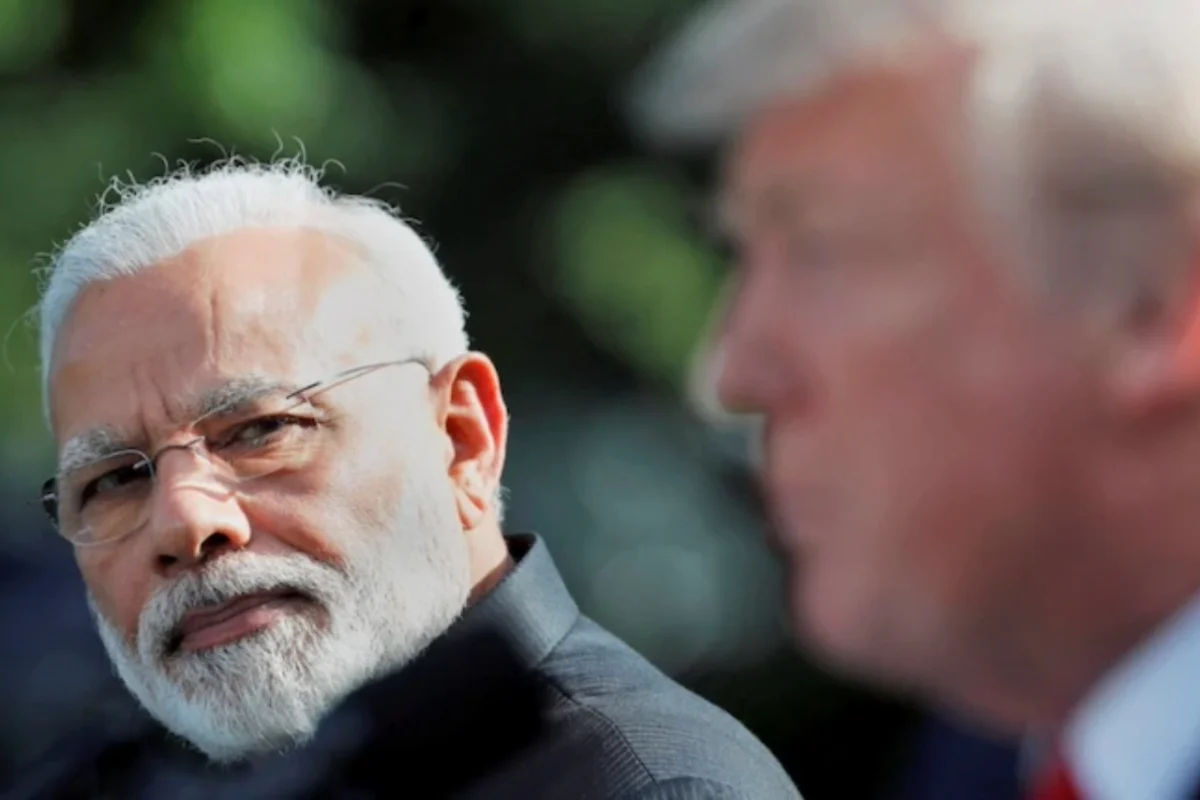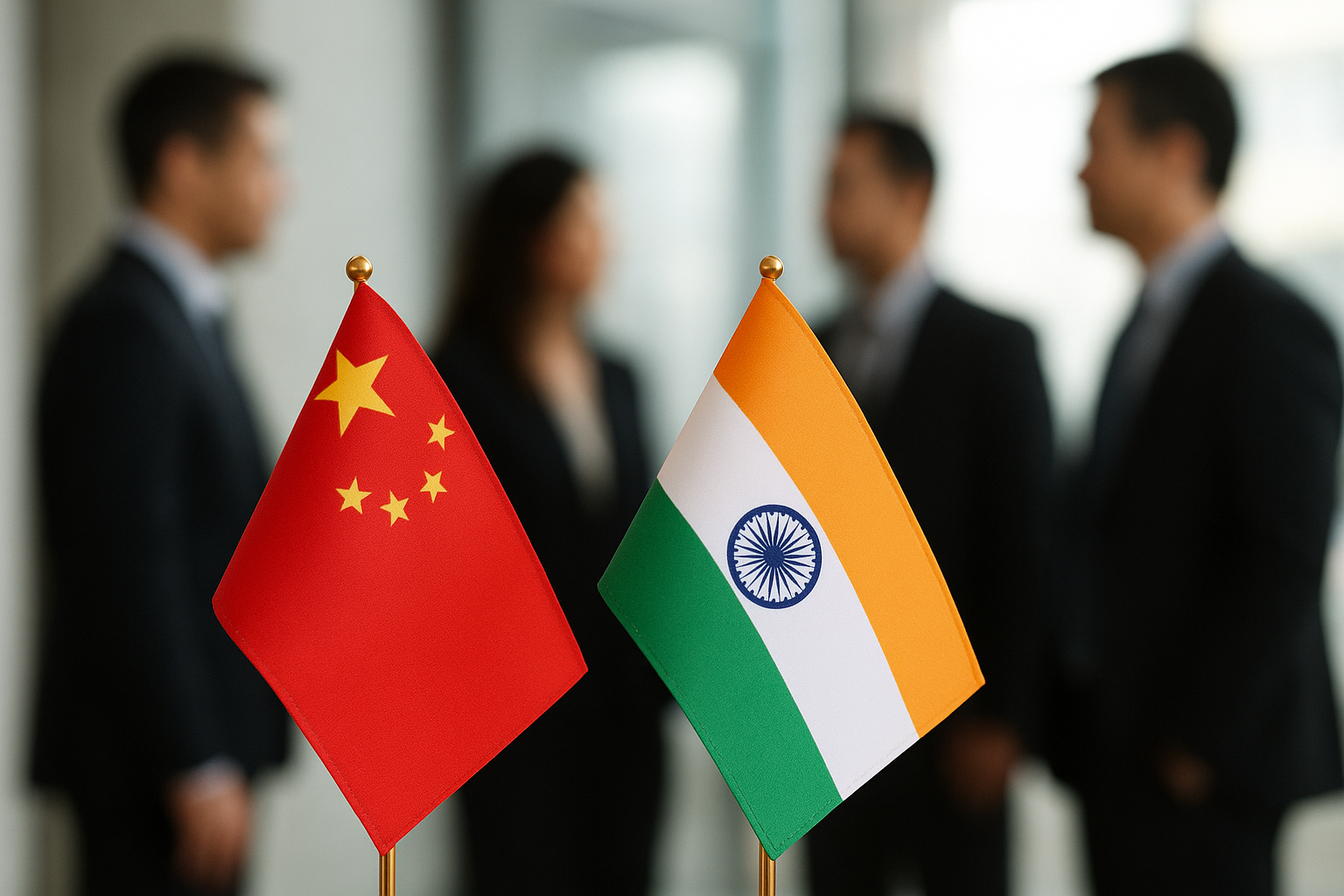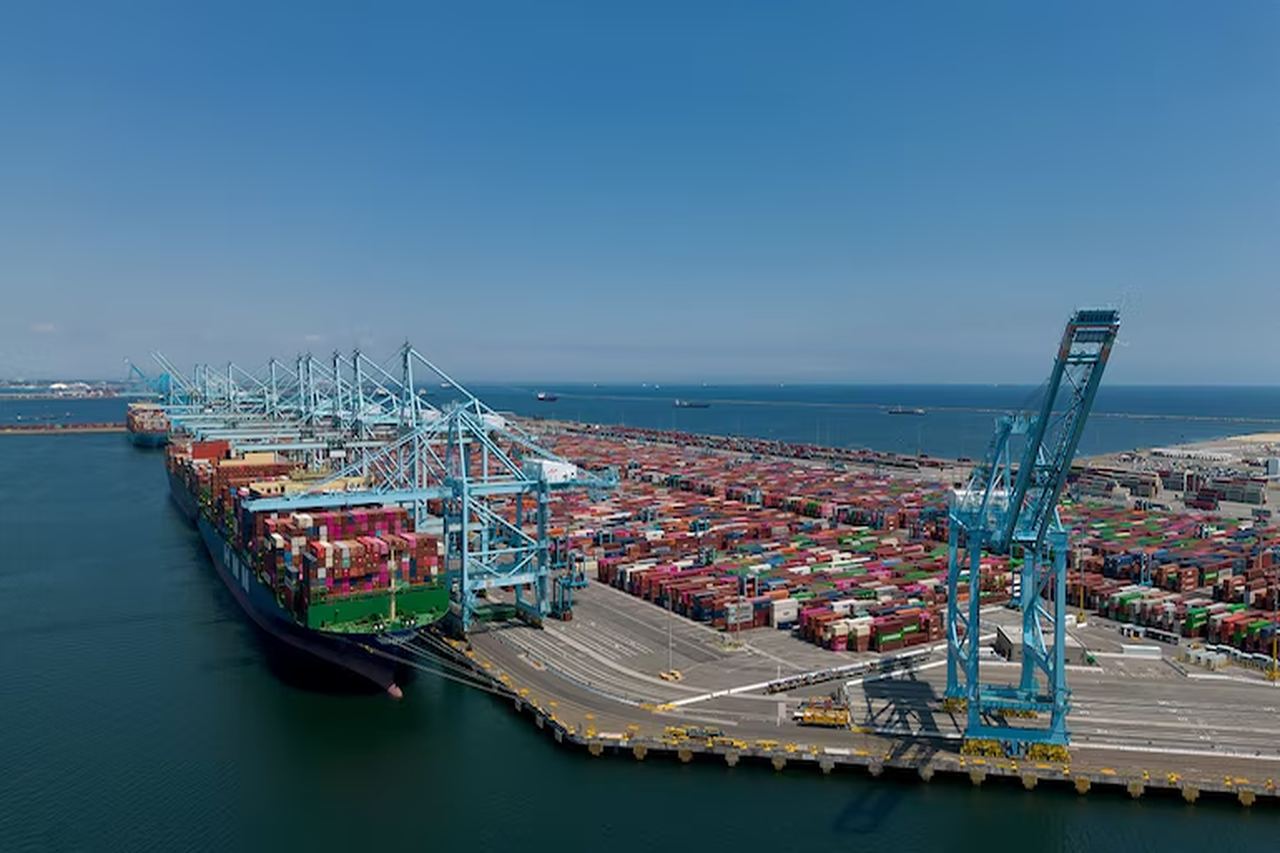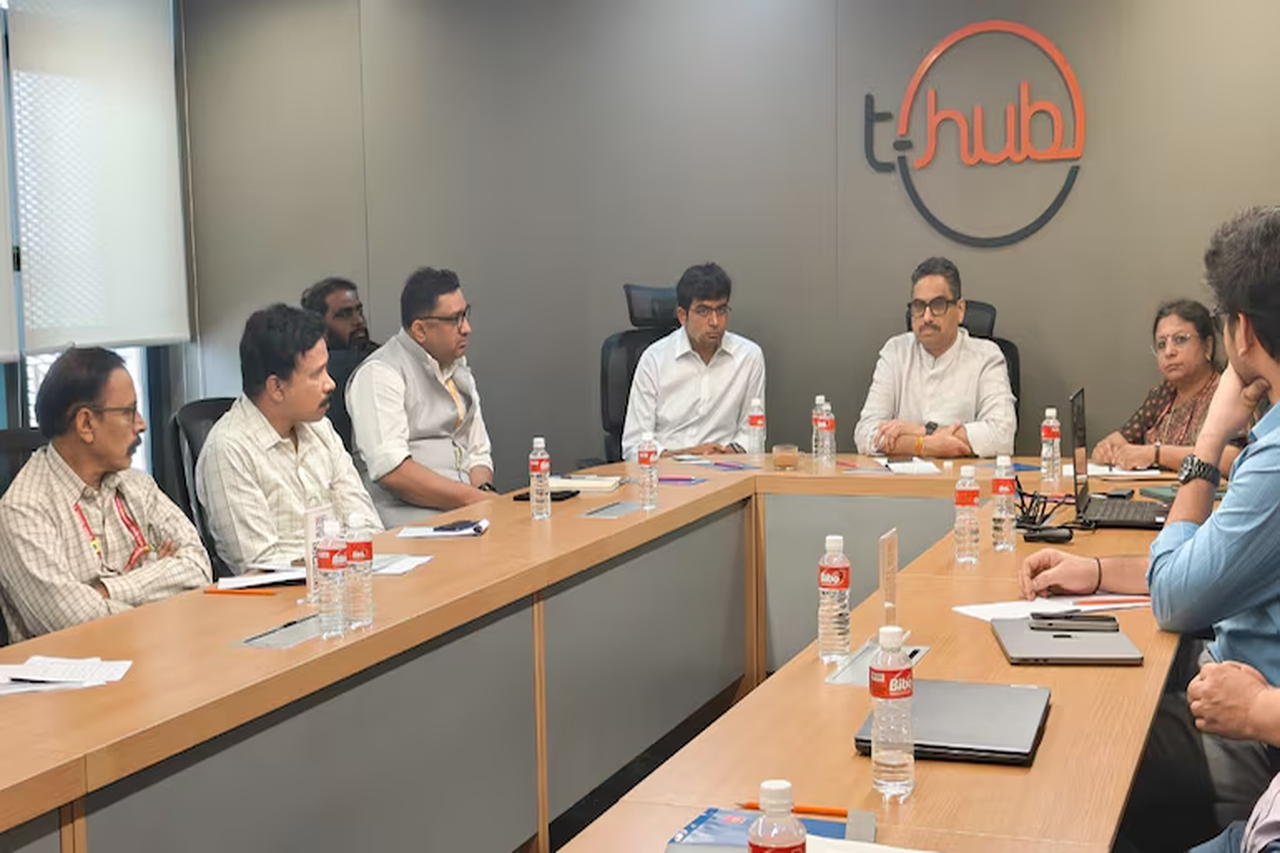

Tortuous India-US trade talks run into New Delhi’s red lines
- 25th June 2025
- Sanjay Notani is a Partner with Economic Laws Practice.
Recent trade talks between India and the United States have become politically charged. The US seeks a deal that would showcase its “America First” agenda, including demands on data flows, patents, and market access for genetically modified food.
India, under Prime Minister Modi’s third term, is pushing back firmly to protect its regulatory space, especially on digital sovereignty, public health, and agricultural livelihoods.
Where the Delhi round left things
The two sides aim to reach a limited agreement by early autumn, ahead of a potential reimposition of US tariffs after July 9. However, substantial differences remain, and India is insisting on review clauses to account for the unpredictable shifts in US trade policy.
Pressure at home—and abroad
Domestic resistance has hardened. Some domestic groups warn that concessions on data or agriculture could hollow out India’s digital public infrastructure and jeopardise food security. At the same time, the global context feels almost war-like: the US is still sparring with China despite a fragile June tariff truce that only trims average duties to about 30 per cent. That volatility reinforces India’s insistence on clauses that can be revisited if Washington’s tariff mood swings again.
A contrasting chapter with Europe
While the US track crawls, the India-EU Free Trade Agreement (revived in 2022 after an eight-year freeze) has gained momentum. In mid-May, the 11th negotiation round closed five chapters, including customs facilitation and intellectual property, and External Affairs Minister S. Jaishankar now calls a complete deal by end-2025 “feasible.”
Prime Minister Modi echoed that optimism in Cyprus on 16th June, pitching the FTA as the economic spine of the planned India–Middle East–Europe Corridor.
Sticking points remain familiar: Brussels wants steeper cuts on wine and automobile duties and firm dairy quotas; Delhi seeks more unrestricted movement for services professionals and safeguards that sustainability rules will not morph into disguised protectionism. Negotiators say the EU is at least willing to discuss phased timelines and recognise Indian geographical indications— flexibility that India highlights when asked why it is progressing more cautiously in talks with the US .
India’s emerging playbook
Viewed together, the two tracks illuminate New Delhi’s new trade doctrine:
1. Credible exit: Having already walked away from RCEP and slow-rolled a UK mini-deal, India can plausibly threaten to leave the table, however we are constrained for geopolitical and trade reasons (critical minerals, AI, Semiconductor technologies) at engaging with the West for trade, defence and security reasons.
2. Issue-by-issue calibration: Delhi now ties concessions to geopolitical context—more flexibility with Europe and Gulf partners building “friend-shored” supply chains; more caution with Washington, where tariff policy changes overnight.
3. Sovereignty first: Whether on data, patents or dispute settlement, negotiators start from the premise that policy space is a strategic asset, not a bargaining chip.
What an India-US mini-deal may look like
If a July sprint succeeds, expect something deliberately narrow: a partial rollback of US steel-and-aluminium duties, modest tariff cuts on Harley-Davidsons and select farm lines, restoration of India’s Generalised System of Preferences benefits, and a review clause that lets both capitals revisit flash points after the 2026 US mid-terms. Anything deeper—data flows, ISDS or big-ticket farm access—looks unlikely for the time being.
The bigger picture
The atmosphere of economic confrontation—tariffs deployed like missiles, supply chains rerouted around real wars in Ukraine and the Red Sea, and rival tech blocs hardening—means trade policy now bleeds into security policy. For India, mastering this harsher terrain is no longer optional. Whether it signs a breakthrough with Washington, delivers a landmark treaty with Brussels, or chooses strategic delay, New Delhi has made it clear: the era of quick, optics-driven trade deals is over; cautious, sovereignty-anchored engagement is here to stay.

New article

China vows to resume key exports to India amid thaw
- 19th August 2025
- admin
China’s decision to ease export restrictions on rare earths, fertilizers, and tunnel boring machines marks a key step in thawing ties with India. The move, following talks between Foreign Ministers S. Jaishankar and Wang Yi, offers relief for critical industries while setting the stage for deeper cooperation ahead of Prime Minister Modi’s China visit for the SCO summit.

India expands ban on Bangladesh jute imports via land
- 13th August 2025
- admin
India’s expanded restrictions on Bangladeshi jute imports are set to disrupt a significant segment of the $12.9 billion bilateral trade relationship. The move — which channels imports exclusively through the costlier Nhava Sheva Seaport — threatens small and medium exporters in Bangladesh by raising logistics costs and delivery times. Valued at around $193 million in 2023–24, Bangladesh’s jute exports to India represent nearly a quarter of its total jute trade. Analysts see the restrictions as part of India’s bid to protect its 400,000-strong domestic jute workforce from subsidized imports, but also as a strategic response to Dhaka’s closer ties with China and Pakistan. The escalating political and economic tensions risk further destabilizing a once-robust trade partnership.

55% of Indian exports to US impacted by 25% reciprocal duty, says FinMin
- 11th August 2025
- admin
‘A combination of different factors, such as product differentiation, demand, quality, and contractual arrangements, would determine the impact on India’s exports,’ says MoS Finance Pankaj Chaudhary

India set to lead global creative economy with AI-driven innovation: I&B Secretary Sanjay Jaju
- 17th July 2025
- admin
Apart from the CEO of T-Hub and the startups being incubated at T Hub, participants included representatives of IIT Hyderabad, Centres of Excellence of NITs and Engineering institutions with active innovation cells.
Do you have any questions or concerns regarding your import/export business?
If you have any questions or need clarification about managing your import/export business, we're here to help. Our team of experts is dedicated to providing you with the insights and solutions you need to navigate the complexities of global trade. Feel free to reach out for professional guidance tailored to your business needs.
Connect with our team